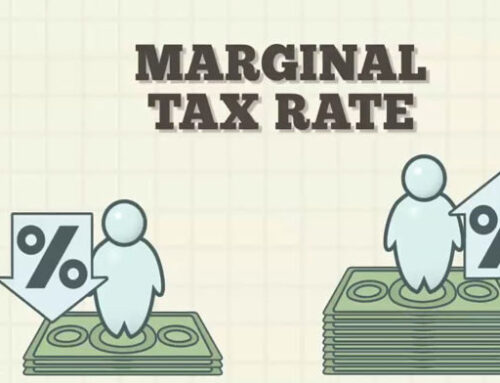Introduction
A well-crafted budget is the cornerstone of financial planning for any business. It serves as a roadmap for managing expenses, allocating resources, and achieving financial goals. This guide provides a comprehensive overview of budgeting for small businesses, including how to create a budget, tips for managing it effectively, and common pitfalls to avoid.
1. Understand the Importance of Budgeting
Budgeting is essential for small businesses for several reasons. It helps you track and control expenses, allocate resources effectively, plan for future growth, and make informed business decisions. A budget also provides a benchmark for measuring your financial performance and identifying areas for improvement. 
2. Create a Budget Plan
To create a budget plan for your business, follow these steps:
- Identify Your Goals: Determine your short-term and long-term financial goals, such as increasing revenue, reducing costs, or expanding operations.
- Gather Financial Information: Collect financial data from your accounting records, including income statements, balance sheets, and cash flow statements.
- Estimate Revenue: Forecast your revenue based on past performance, market trends, and sales projections.
- List Expenses: Identify and categorize your expenses, including fixed costs (rent, utilities) and variable costs (materials, labor).
- Factor in Contingencies: Include a buffer for unexpected expenses or changes in revenue.
- Calculate Net Income: Subtract your total expenses from your total revenue to determine your net income.
Read More: Navigating Tax Season: Tips for Smooth Sailing
3. Monitor and Adjust Your Budget
Once you’ve created your budget, it’s important to monitor your actual financial performance against your budgeted figures regularly. Compare your budgeted revenue and expenses to your actual revenue and expenses to identify any variances. If you find that you’re consistently overspending in certain areas or not meeting your revenue targets, adjust your budget accordingly.
4. Tips for Maintaining a Solid Business Budget
- Review Regularly: Update your budget regularly to reflect changes in your business environment or financial goals.
- Control Costs: Look for ways to reduce costs without sacrificing quality. This could include renegotiating contracts with suppliers or finding more cost-effective ways to deliver your products or services.
- Monitor Cash Flow: Keep a close eye on your cash flow to ensure you have enough cash on hand to cover your expenses.
- Seek Professional Advice: Consider working with a financial advisor or accountant to help you create and maintain your budget effectively.
5. Common Budgeting Pitfalls to Avoid
- Overestimating Revenue: Be realistic when estimating your revenue to avoid falling short of your targets.
- Ignoring Contingencies: Failing to include a buffer for unexpected expenses can lead to budget deficits.
- Not Monitoring Performance: Regularly monitoring your financial performance against your budget is essential for staying on track.

Conclusion
Creating and maintaining a solid business budget is key to financial success for small businesses. By understanding the importance of budgeting, creating a budget plan, monitoring and adjusting your budget, following tips for maintaining your budget, and avoiding common pitfalls, you can ensure that your business remains financially healthy and on track to achieve its goals.
FAQs
1. How often should I review and update my business budget?
It’s recommended to review and update your business budget regularly, such as monthly or quarterly. This allows you to track your financial performance against your budgeted figures and make any necessary adjustments to stay on track.
2. What should I do if my actual expenses exceed my budgeted expenses?
If your actual expenses exceed your budgeted expenses, review your budget to identify areas where you can cut costs or reallocate resources. Consider renegotiating contracts with suppliers, reducing discretionary spending, or finding more cost-effective alternatives.
3. How can I improve my budgeting process?
To improve your budgeting process, consider involving key stakeholders in the budgeting process to gain different perspectives and insights. Use historical data and market trends to make more accurate revenue and expense projections, and regularly review and adjust your budget based on actual performance.
4. What are some common budgeting mistakes to avoid?
Some common budgeting mistakes to avoid include underestimating expenses, overestimating revenue, ignoring contingencies, and failing to monitor financial performance against the budget. It’s important to be realistic in your budget projections and regularly review your budget to ensure it remains relevant and achievable.



